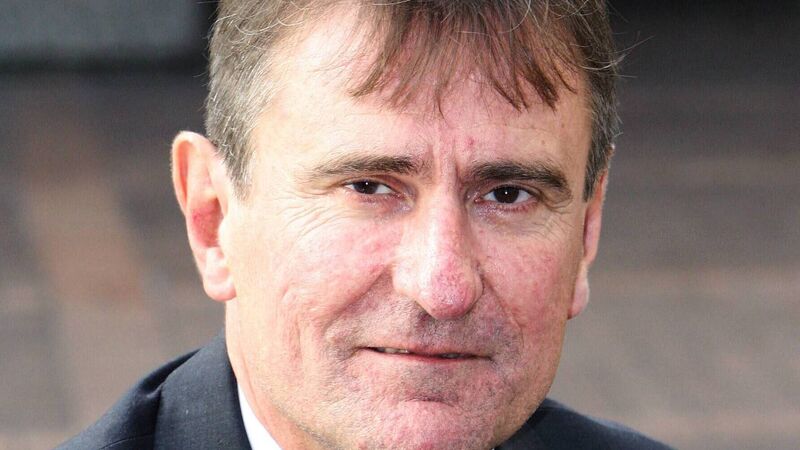Tracker mortgage inquiry hears former PTSB chief executive 'singled out'

As a result of this inquiry, David Guinane could find himself the first individual sanctioned for his suspected involvement in the scandal.
A Central Bank inquiry into the alleged role a former chief executive of PTSB played in the tracker mortgage scandal has heard that he is being “singled out” by regulators who are in search of a “scapegoat”.
David Guinane, who served as chief executive of PTSB up until 2012, is the first individual to be put before a public inquiry as part of the Central Bank’s investigation into the tracker mortgage scandal.











